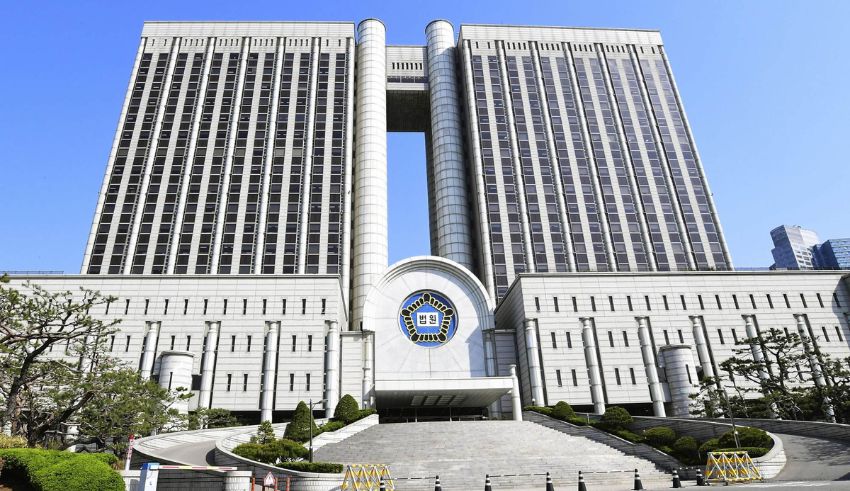
In a historic turn of events, the Seoul High Court in South Korea has handed down a verdict favoring a group of former “comfort women,” injecting renewed vigor into their protracted battle for justice against the Japanese government. This pivotal ruling defies the 2021 decision by a lower court, challenging the notion of “sovereign immunity” and asserting South Korea’s jurisdiction, adding layers of complexity to the legal discourse surrounding historical atrocities.
The term “comfort women” symbolizes the harrowing experiences of those subjected to sexual slavery under the Japanese military’s brutal regime during World War II. The recent court decision stands as a bold confrontation of the intricate legal dynamics, transcending national boundaries and shedding light on the enduring scars of history.
Giving Justice to Scars
Remarkably absent from the courtroom narrative is the Japanese government, steadfastly refusing involvement not only in this particular case but also in similar lawsuits brought by South Korean women who suffered in military brothels. This verdict resonates beyond the legal realm, echoing in the corridors of diplomatic relations, challenging the delicate efforts to mend historical wounds.
Keep Reading
This judicial milestone reopens the dialogue on unresolved historical grievances rooted in Japan’s colonial rule over the Korean Peninsula from 1910 to 1945. Japan’s stance revolves around the belief that these contentious issues were definitively addressed through a 1965 bilateral agreement and a subsequent 2015 accord, emphasizing their perceived conclusiveness and irreversibility, particularly concerning the comfort women predicament.
As survivors persist in their quest for acknowledgment, justice, and reparations, the court’s decision prompts a reassessment of diplomatic strategies in navigating the intricate landscape of historical disputes in Northeast Asia. The intricate tapestry of wartime history remains complex, and the legal triumph for the comfort women signals a crucial juncture in the ongoing pursuit of accountability and reconciliation, resonating across international boundaries.


























